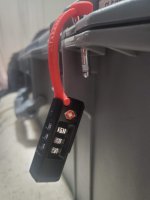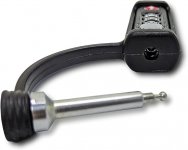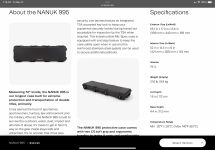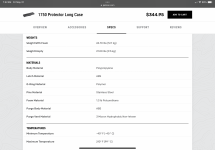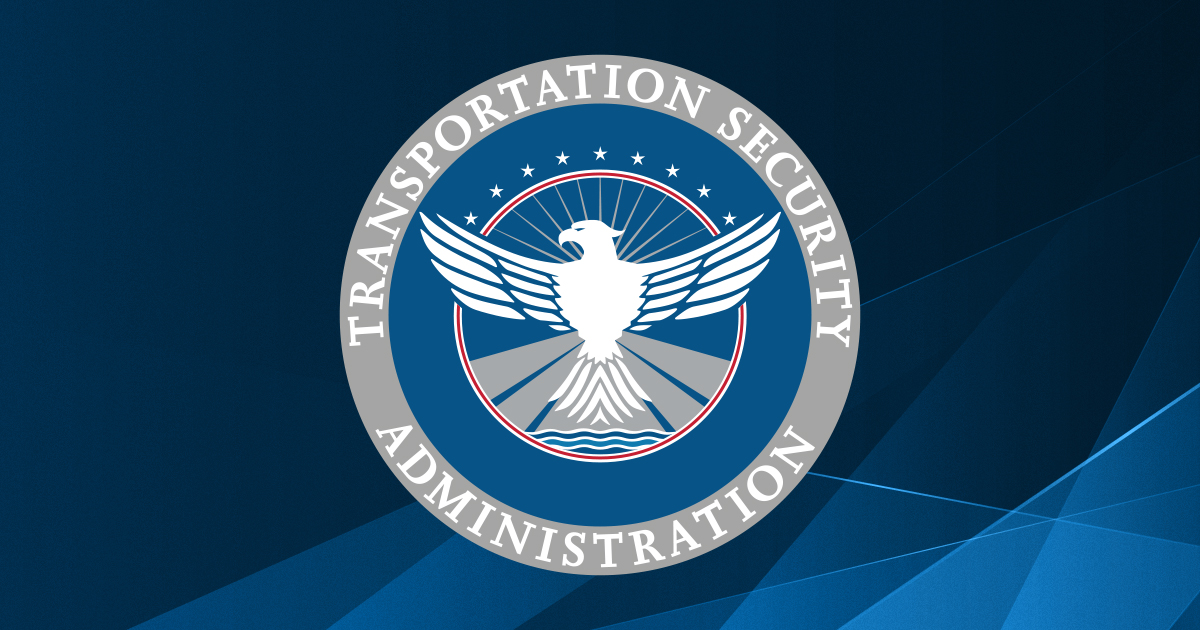Hi, I look to travel with a rifle case and it is the first time on an airline. I am buying either a Pelican 1750 or a Nanak 995 and I would appreciate a recommendation for non-TSA locks to go in the padlock holes that will ensure success when traveling in the airlines.
The key things is that in the following thread Frank mentions having problems with the TSA trying to stick their fingers in the case after unlatching it. He mentions having proper sized locks to prevent this. What padlocks would be best?
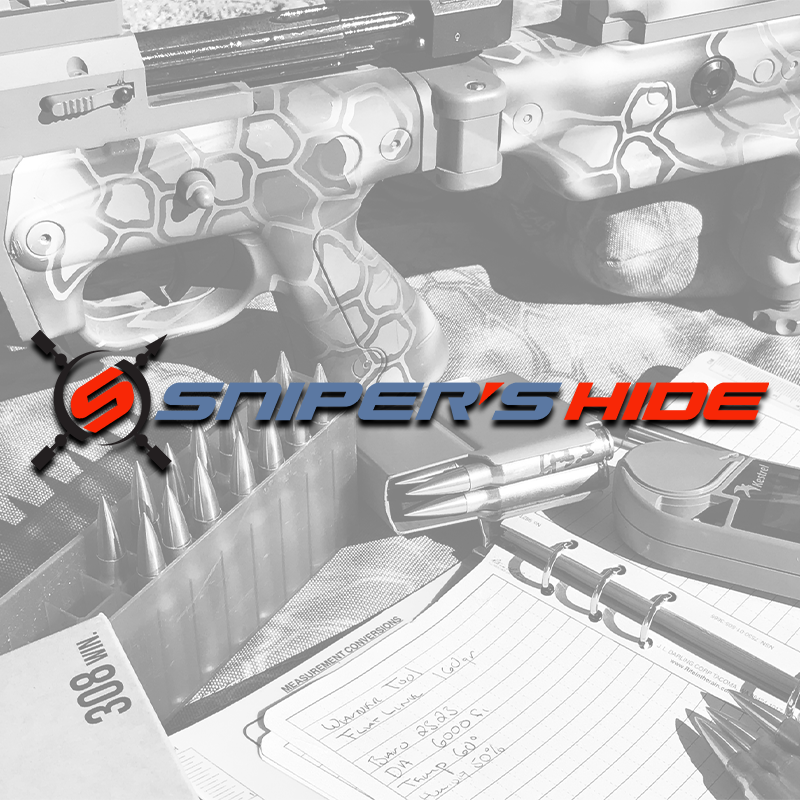
 www.snipershide.com
www.snipershide.com
I watched a great video by DeviantOllam and he recommends Abus 83/45 locks but those have a 5/16” (8mm) and I have read that the Pelican case hole is not big enough to accommodate a 8mm shackle. The Pelican sight says the hole is 8mm so perhaps tolerances are tight or loose on hole diameter. I saw a video where they showed a 8mm shackle lock not fitting, but I have read on this sight a post that those locks are recommended. To me it is an open point.
I really look for help on this from people‘s person experience.
The key things is that in the following thread Frank mentions having problems with the TSA trying to stick their fingers in the case after unlatching it. He mentions having proper sized locks to prevent this. What padlocks would be best?

Suppressors - Airline travel with a suppressor?
Who has travelled with a suppressor? I'm looking at a match which is far enough away that air travel is the only option. Does anyone have a recommendation on how to transport the suppressor? I don't like the idea of having it in the rifle case knowing of instances where TSA has cut the lock off...
I watched a great video by DeviantOllam and he recommends Abus 83/45 locks but those have a 5/16” (8mm) and I have read that the Pelican case hole is not big enough to accommodate a 8mm shackle. The Pelican sight says the hole is 8mm so perhaps tolerances are tight or loose on hole diameter. I saw a video where they showed a 8mm shackle lock not fitting, but I have read on this sight a post that those locks are recommended. To me it is an open point.
I really look for help on this from people‘s person experience.

